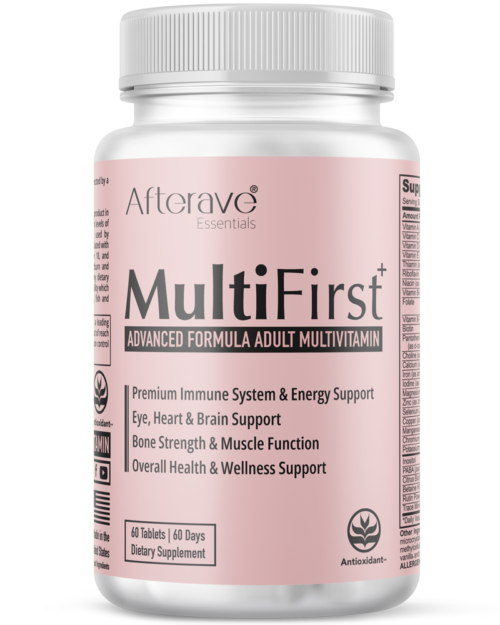Immune System
Water-Soluble vs. Fat-Soluble Vitamins
Water-Soluble vs. Fat-Soluble Vitamins
You’ve heard about them growing up, you’ve seen them on food packaging, and you’ve read about them in nutrition articles: Vitamins. You’ve probably heard common phrases like: “Take your vitamins,” “Contains vitamins and minerals,” and “Feeling sluggish? Make sure you’re getting these vitamins.”
Although they play an important role in your health and body functions, not all vitamins are created equal. Knowing which vitamins do what and which ones are water or fat-soluble will save you a bit of headache.
What Are Vitamins?
Vitamins aren’t just little gummies shaped like cartoon characters. They’re found in the food you eat and help your body function. Vitamins are important for your body. A well-rounded diet makes sure your body has all the vitamins it needs to work well.
There are two types of vitamins: water-soluble and fat-soluble. This means that they live in the fat of your body or the water of your body. They act differently, and they function differently when your body needs them.
Fat-Soluble Vitamins
Fat-soluble vitamins are absorbed with the other fats from the food you eat. When they’re absorbed in this way, they go with the fats and are stored in your body’s fat tissue and liver.
Fat-soluble vitamins can stay in your body for a while. When they’re stored in your body’s fat, they can be stored for up to 6 months until your body needs them.
The primary fat-soluble vitamins in your diet are vitamins A, D, E, and K. Each one has its important function and can be found in a variety of food.
Water-Soluble Vitamins
Water-soluble vitamins aren’t long-term like fat-soluble vitamins. They don’t get stored in your body. They enter your bloodstream, and anything your body doesn’t need is eliminated through your urine.
Since water-soluble vitamins don’t last long in your body, they need to be replenished frequently.
The important water-soluble vitamins are vitamin C and the collection of B vitamins, including:
- B1 (thiamin)
- B2 (riboflavin)
- B3 (niacin)
- B4 (pantothenic acid)
- B6 (pyridoxine)
- B7 (biotin)
- B9 (folic acid or folate)
- B12 (cobalamin)
Do You Need Vitamin Supplements?
If you’re eating a well-rounded diet, you may not need any supplements. However, certain health conditions, dietary restrictions, or lifestyle circumstances may limit your ability to get specific vitamins. Talk with your doctor about vitamin supplements if you’re worried about your intake.
References: https://www.webmd.com/vitamins-and-supplements/fat-soluble-vitamins-vs-water-soluble-vitamins
SHOP NOW







